Garage Door Frequently Asked Questions
Questions about selecting, installing, or maintaining your garage door? Below is a comprehensive Garage Door FAQ for expert answers and valuable insights.
Garage Door Repair FAQ
- Unusual noises during operation
- Slow or uneven movement
- The door doesn’t open or close fully
- Visible damage to panels or hardware
- The door is off its tracks
Possible causes include worn rollers, loose hardware, or a malfunctioning opener.
It’s recommended to have a professional service your garage door at least once a year.
While some minor maintenance tasks can be done by homeowners, most repairs, especially those involving springs or cables, should be handled by professionals for safety reasons.
Check the batteries in your remote, ensure the opener is plugged in, and inspect the door for any visible obstructions or damage. If the problem persists, contact a professional.
This could be due to a misaligned sensor, an obstruction in the door’s path, or a problem with the door’s safety features.
Springs can break due to wear and tear, rust, or improper maintenance.
Regularly lubricate moving parts, inspect and tighten hardware, and keep the tracks clean and free of debris.
With proper maintenance, garage door openers can last 10-15 years.
Do not attempt to fix it yourself. Contact a professional immediately to safely and correctly re-align the door.
Check the batteries, ensure you’re within range, and verify that the opener’s antenna is not damaged. If it still doesn’t work, you may need to reprogram the remote or replace it.
Consider adding a smart garage door opener, reinforcing door locks, or installing motion-sensor lights and security cameras.
This could be due to a short circuit, a malfunctioning remote, or interference from nearby devices. Consult a professional to diagnose and fix the issue.
A typical tune-up includes inspecting all parts for wear, lubricating moving components, tightening hardware, and checking the door’s balance and alignment.
Garage Door Installation FAQ
Consider factors such as material, style, insulation, and budget. Our buyer’s guide can help you make an informed decision.
Common materials include steel, wood, aluminum, vinyl, and fiberglass, each with its own benefits and considerations.
Installation typically takes 3-6 hours, depending on the complexity of the door and any additional features.
While some handy homeowners may be able to handle the installation, it’s generally recommended to have a professional install the garage door to ensure safety and proper functionality.
Installation usually includes removing the old door, installing the new door, setting up the opener, and ensuring everything is aligned and functioning correctly.
Clear the area around the garage door of any obstructions, ensure there is adequate lighting, and verify that electrical outlets are accessible.
Common types include chain drive, belt drive, screw drive, wall mount, and smart garage openers.
If your current opener is over 10 years old, noisy, or not functioning properly, it might be time to replace it along with your new garage door.
Yes, many manufacturers offer customization options for color, style, windows, and hardware.
Insulated doors improve energy efficiency, reduce noise, and enhance durability.
Measure the width and height of the door opening, the headroom (space between the top of the door opening and the ceiling), and the backroom (depth of the garage).
Consider your home’s architecture, your personal aesthetic preferences, and the overall curb appeal you wish to achieve.
With proper maintenance, a high-quality garage door can last 15-30 years.
Warranties vary by manufacturer but often include coverage for parts and workmanship for a specified period.
It’s generally recommended to replace the tracks to ensure proper alignment and operation with the new door.
Look for features such as pinch-resistant panels, tamper-resistant brackets, and auto-reverse mechanisms.
The cost varies depending on the door material, size, style, and any additional features. Get a detailed quote from your installation provider.
Yes, many garage doors come with window options that can add natural light and enhance the door’s appearance.
Regular maintenance includes lubricating moving parts, inspecting and tightening hardware, and checking the door’s balance and alignment.
Our company offers expert installation services, works with top brands, and is committed to ensuring customer satisfaction with high-quality products and professional workmanship.
Residential Gate Installation And Repairs FAQ
We install a variety of gates including swing gates, sliding gates, barrier gates, and custom designs to fit your specific needs.
Common materials include wrought iron, steel, aluminum, wood, and composite materials, each offering different aesthetic and functional benefits.
Installation time can vary based on the type and complexity of the gate, but most installations are completed within 1-3 days.
Yes, we can retrofit most manual gates with an automatic opener for added convenience and security.
Automatic gates offer increased security, convenience, and control over access to your property. They also enhance the aesthetic appeal and value of your home.
Signs that your gate needs repair include unusual noises, slow or erratic movement, physical damage, or issues with the gate opener.
It’s recommended to have your gate serviced at least once a year to ensure it operates smoothly and to catch any potential issues early.
Check for obstructions, ensure the opener is receiving power, and inspect the remote batteries. If the problem persists, contact a professional for diagnosis and repair.
Yes, we repair a wide range of gate openers including those from top brands and different types such as swing, sliding, and barrier gate openers.
Key safety features include auto-reverse mechanisms, safety sensors, and emergency manual release functions.
Adding features like intercom systems, security cameras, and keypad or card access controls can enhance the security of your gate.
Regular maintenance includes lubricating moving parts, inspecting and tightening hardware, checking for wear and tear, and ensuring the gate opener is functioning properly.
Costs vary based on the type of gate, materials, and extent of repairs needed. Contact us for a detailed quote.
Yes, we offer custom gate designs to match your aesthetic preferences and functional needs.
With proper maintenance, residential gates can last 20 years or more, depending on the material and environmental conditions.
Yes, we offer warranties on our gate installations, which vary based on the specific product and service.
Do not attempt to fix it yourself. Contact a professional immediately to safely and correctly re-align the gate.
Consider the gate’s size, weight, and usage frequency. Our experts can help you select the appropriate opener for your specific needs.
Our company offers expert services, works with top brands, and is dedicated to ensuring customer satisfaction with high-quality products and professional workmanship.
Access Control FAQ
Access control systems manage and regulate who can enter and exit your property, providing enhanced security and convenience.
Common types include keypad entry, remote controls, smartphone apps, intercom systems, card readers, and biometric scanners.
Yes, many modern access control systems can be integrated with smart home systems for seamless operation and enhanced control.
Keypads require users to enter a specific code to gain access, providing a secure and straightforward way to control entry.
Smartphone apps offer remote access, real-time monitoring, activity logs, and the ability to grant temporary access to guests.
Modern remote control systems use rolling codes and encryption to enhance security and prevent unauthorized access.
Biometric systems use fingerprint, facial recognition, or retina scans to allow access, providing high security and eliminating the need for keys or codes.
Yes, many systems offer activity logs and notifications, allowing you to track and monitor access in real-time.
Many systems have battery backups or manual override options to ensure continued operation during power outages.
Intercom systems allow you to communicate with visitors before granting access, providing an additional layer of security.
The range varies but is typically between 100 to 150 feet, depending on the environment and specific model.
Yes, many access control systems allow you to provide temporary access codes or use smartphone apps to grant entry.
It’s recommended to update access codes periodically or whenever there is a change in personnel or security concerns.
Card readers require users to swipe or tap an access card to gain entry, commonly used in conjunction with other security measures.
Consider factors such as the level of security required, ease of use, integration capabilities, and budget. Our experts can help you select the best system for your specific needs.
Most modern access control systems are compatible with a wide range of gate and garage door types. Our technicians can ensure proper integration.
Yes, many access control systems can be retrofitted to existing gates and garage doors, enhancing their security and functionality.
Regular maintenance includes checking and updating software, replacing batteries, and ensuring all components are functioning correctly.
Costs vary depending on the type and complexity of the system. Contact us for a detailed quote based on your specific requirements.
Our company offers expert installation and maintenance services, works with top brands, and is dedicated to ensuring customer satisfaction with high-quality products and professional workmanship.
More Questions? Contact us today

